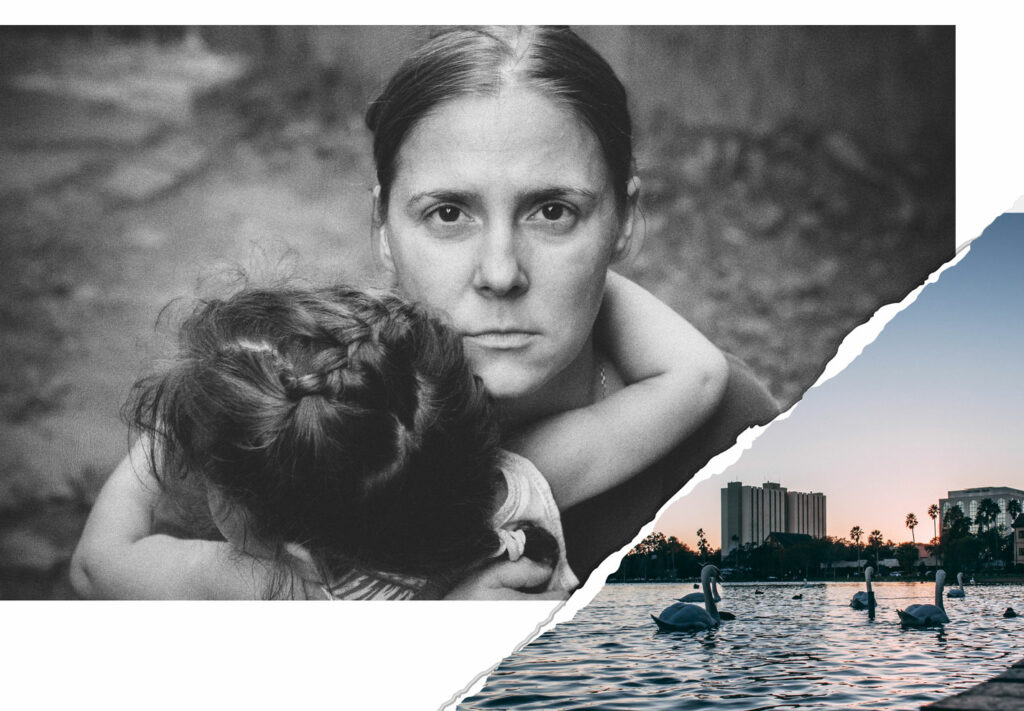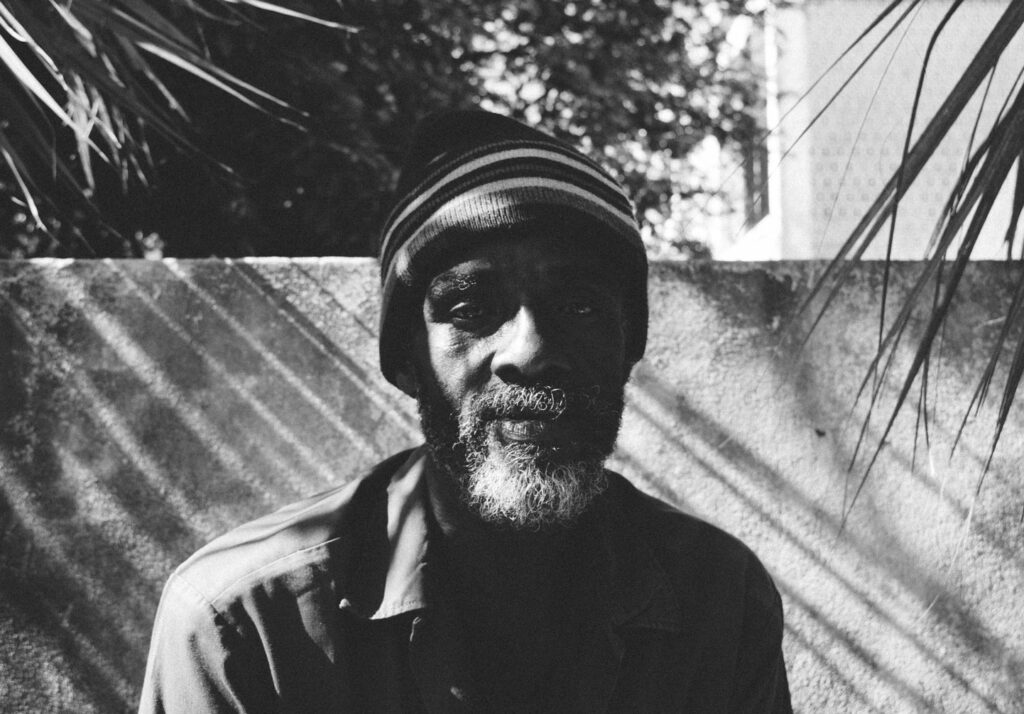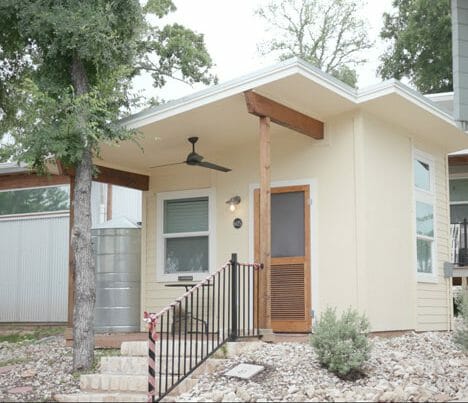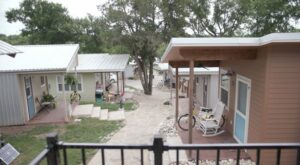Learn about the early phases of City initiatives to help the homeless along with the many organizations that have dedicated years to doing the same.
Homelessness is a much debated problem when it comes to helping those in need. It’s often thought that people are homeless because of an issue with drugs or alcohol or a general disregard for responsibility. Should we help them? How should we go about doing it? These seem to be the questions many in our community are asking yet few can agree upon.
“One of the things that we need to be sensitive to when we embrace the entire topic of homelessness is that we don’t let our preconceptions about what homelessness is affect us,” says Lakeland Mayor Bill Mutz. Mutz leads Lakeland’s Homelessness Steering committee which is identifying key issues surrounding homeless and working in hopes of creating long-term sustainable solutions to the issue. “We often come in with perconceptions that it relates only to where we live … and what we’re talking about is a problem nationally and to a huge extent,” says Mutz.
The reality is homelessness affects a wide variety of people. It’s described as extreme poverty coupled with a lack of stable housing, and it can affect anyone from children and families to adults with disabilities.
Many people have struggled with short-term homelessness at one time or another. We’ve all had friends who have spent some time couch surfing because of disagreements or financial situations. However, long-term and chronic homelessness can be caused by anything from poverty to disability.

We can’t judge the amount of homeless people in public as a measurement of Lakeland’s success with aiding the homeless issue.
One factor that affects all levels of homelessness is housing costs, or lack of available housing. Paying for housing could be too expensive for people who might live off of government-assisted housing (temporarily or indefinitely), or, if you have a felony, you may not be eligible to rent in a lot of areas.
For people in severe poverty, housing can be a dilemma where one must choose between eating or having a place to call home.
According to Mutz, Lakeland currently has around 3,700 homeless children. They might not be living on the street or at a homeless shelter, but they represent a wide variety of the home insecure. A lot of the ministries that work with the homeless are to capacity, and there needs to be a solution for the chronically homeless.
The City of Lakeland itself is investing in reducing the homeless population in an effort to ease this housing crisis issue. City commissioners recently approved $190,000 to help homeless adults or adults with children by helping them pay their first and last month’s rent. Ninety-thousand dollars of that will be for two case workers to help these families throughout the year. This initiative is good for one year.

Along with the City’s help, Lakeland is also fortunate to have multiple agencies that work with the homeless or housing insecure of Polk County. Each have a heart for a specific need in the homeless community and are working tirelessly to help end homelessness in Lakeland and Polk County.
One way we can all be a help is by learning to approach the homeless differently. The goal, as a community, is to get the homeless residents of Lakeland the help that they need. But we also have to realize that even though we’re trying to reduce the amount of homelessness in public, we are doing that most importantly to help Lakeland citizens. We can’t judge the amount of homeless people in public as a measurement of Lakeland’s success with aiding the homeless issue. The homeless have just as much right to be in public places as every resident of Lakeland.
The best measurement of success should be based on how many students can we help feed, clothe, and house? How many people can we get job training that might not have been eligible for it before? How many chronically homeless people can we help by supporting them with a place to live, or a job or skill that they can be proud of that helps them contribute to secure housing?

If you’re unsure how to help someone who is homeless, there are several options on how to do so that require little to no financial investment:
- Carry homeless kits in your car. You can purchase them on Amazon, or you can put them together yourself. Kits include small hygiene kits and non-perishable snacks like granola bars. Assembling kits is a great activity to do with children!
- Be knowledgeable about the local resources that we have for the homeless population in Lakeland.
- Donate or volunteer at one of the local homeless shelters or programs. Most of these programs are also connected to thrift stores that accept donations to help with partial funding and employ residents in their transition programs.
MORE THAN SHELTER
Lakeland is a generous community filled with people looking to help others. We’ve put together an easy guide for how you can be more knowledgeable of homeless services in Lakeland and how to help.
Salvation Army
Services
- Immediate private housing for families
- Transitional housing for up to two years for families that qualify
- Meals and childcare for children
- Resources for adults trying to find jobs and get established
The Salvation Army Center of Hope moved a few years ago to help expand their services to the community. They used to be located downtown in the area that now houses The Collective at Mass Market and what used to be Your Pro Kitchen. They now reside on 49 acres in north Lakeland off of Kathleen Road.
The impressive facilities help families and individuals with immediate housing needs that are often beyond their control. Those that qualify stay in private, fully furnished rooms and can stay for up to two years in their fully furnished houses if they meet the Salvation Army’s requirements. Even if they don’t stay for the full two years, families are guaranteed at least two weeks to help get them back on their feet.
At the Salvation Army, children receive two full meals each day and have access to their childcare center, and adults have access to laundry, computers, and any other resources they might need to get back on their feet.
The Salvation Army hopes to help at least 25 families a year in their long-term program and 120 families a year through their short-term programs.
HOW YOU CAN HELP
The Salvation Army has multiple ways you can serve and help. You can sign up to work with children and families through class time and mentoring, prepare welcome kits for new families, put together activities for children, and help with specific tasks that help them reach the homeless.
For more information about how you can volunteer at the Lakeland branch of the Salvation Army, you can visit their website at salvationarmyflorida.org/lakeland.
One way we can all be a help is by learning to approach the homeless differently.
Talbot House
Services
- Good Samaritan Free Clinic
- Renewal Program for the chronically homeless dealing with substance abuse and mental health issues
- Three- to six-month Step Program that gives help with money and budgeting as well as employment skills and training
- Basic needs services: men’s and women’s overnight shelter, warm meals, clothing, and showers
Talbot House is a basic-needs shelter located in downtown Lakeland. They provide overnight shelter for men and women, daily meals and food distribution, clothing, and showers.
One of the oldest homeless shelters in Lakeland, Talbot House was started by St. Joseph’s church and moved downtown in 2001 to start programming that still exists today, as well as having a medical clinic that provides primary health care, dental care, and other necessary medical help for the homeless.
How you can help
You can volunteer your time at Talbot House in a number of ways. You can sign up to serve a meal, help in the free clinic, or in one of their transition programs. They also accept clothing donations.
You can learn more about Talbot House Ministries at their website talbothouse.org.
Gospel Inc.
Services
- Repurpose Art Studio for Women
- Local neighborhood help for the homeless and chronically homeless
- Coming Soon: Gospel Town — housing for the chronically homeless
In the last two years, Brian Seeley and Gospel Inc. have fundraised almost half a million dollars to help build something new for the homeless in Lakeland — permanent housing for the chronically homeless.
The chronically homeless are people that have been homeless for at least three to five years, if not more, and more than likely have a disability that keeps them from holding down a job.
“On the practical side of things, there’s nothing that a chronically homeless person, or even just a low-income person, can do to afford rent,” Seeley says. “If you’re on disability and have a fixed income, $750 a month might be your entire check.”

In 2018, a team from Gospel Inc. visited a community like this in Austin, Texas, to see how it was accomplished and managed. The Community First Village has been a great model for Seeley and his team in establishing a village like this in Lakeland.
The hope is to start with 50 homes and expand to at least 250. Gospel Inc. staff will be onsite to help and encourage, and to help residents work jobs at Gospel Inc. and in Gospel Town that will help them pay rent for their homes — the first rule of living in Gospel Town.
Currently, Gospel Inc. works in the areas north of downtown Lakeland near the same areas as Lighthouse Ministries, Talbot House, and Parker Street Ministries. Their Repurpose Art Studio shares space with the Market Lofts near Haus 820, and they work with women through art and teach them skills through creating.
You can often see Seeley and his Gospel Inc. team walking through the downtown neighborhoods, especially on Friday nights, building relationships with the homeless of the city. They hope that they can help engage with them and build relationships with them, and assist them in getting the help they need where they’re at.
They’re also creating a program where men can learn skills that can help them develop a trade.
How you can help
Gospel Inc. welcomes anyone from Lakeland to be a part of their community, whether it’s taking the time weekly to join them in the neighborhood or through setting up a Serve Day with a local church or organization. Gospel Inc. is also funded primarily through private funding.
For more information about Gospel Inc. you can visit them on Facebook or at their website gospelinc.org
Lighthouse Ministries
Services
- Private housing for women, and women with children in transition
- Immediate beds, food, and showers for 36 men each night
- Life skills, counseling, pastoral care, continued education, and addiction recovery programs
- Preschool and afterschool care, and transportation for families at the shelter
- On-the-job training and potential for part-time to full-time employment for program participants
Lighthouse Ministries in Lakeland sits just north of downtown between Tennessee and Kentucky Avenue. The compound offers a wide variety of service to men, women, and families and helps provide residents with a wide variety of services.
Women with children have the opportunity to stay in one of 17 apartments or two common rooms with 18 beds in them. There are 36 open beds for men at the facility.
Lighthouse also holds an onsite preschool for the women and staff at Lighthouse. This provides moms with the much-needed childcare so that the women can work, continue education, attend addiction recovery groups, or spend time with a licensed mental health counselor.
Residents have the opportunity to stay for free up to three nights a month (or seven dollars per night after that), or they can commit to a 14-24 month transitional program. Residents that come to stay for the night are welcome to snacks, a hot dinner and breakfast, showers, a warm bed, and a chapel service each evening.
Long-term residents have to commit to a free 14-24 month “life learning program,” but they must commit to have between $3,500 and $5,000 in savings and work their way from part-time employment to full-time employment opportunities so that they can be eligible for permanent housing opportunities outside of Lighthouse Ministries.
Lighthouse helps employ their residents through their outreach centers and thrift store. At their Hope Centers, they help families with prayer, spiritual support, and identification of needs as well as material aid as far as food, clothing, and household items. They also offer referral services to those in need.
The Family Stores are thrift stores in Central Florida that help fund the mission of Lighthouse Ministries and provide vital, on-the-job training for the residents of their transition program.
How You Can Help
There are plenty of ways for individuals and groups to be involved with Lighthouse Ministries in Central Florida. Volunteers are welcome to help in their stores or at their central campus in numerous ways. They can help with everything from preparing meals in the kitchen to spiritual advancement and administration.
You can find more information by visiting their website at lighthousemin.org.
